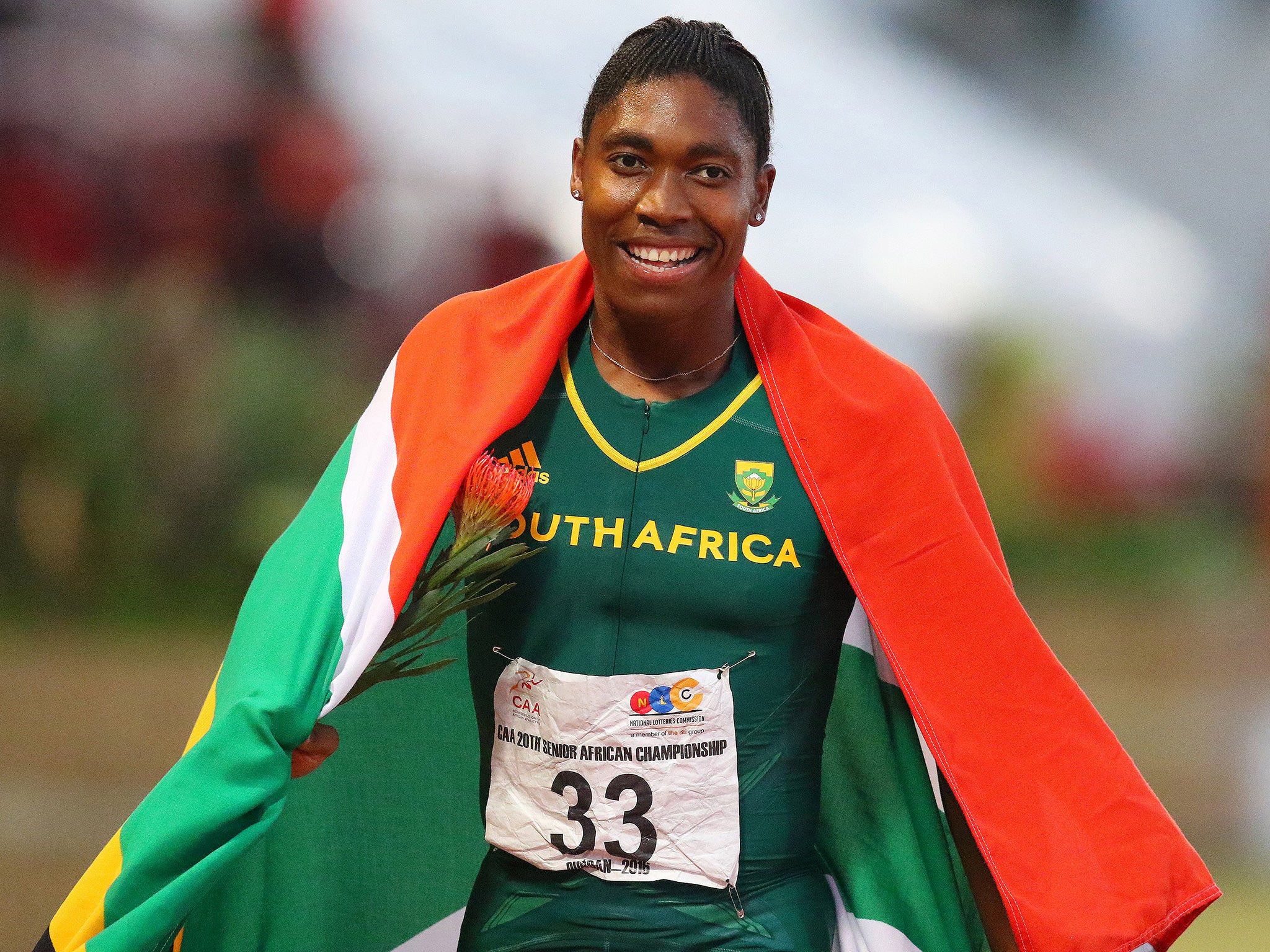As the row over Caster Semenya proves, the traditional notions of gender are dead
As talk of transgender issues moves into the mainstream, with high profile stars like Caitlyn Jenner and former boxing manager Kellie (previously Frank) Maloney, the old formal ways of addressing each other seem redundant. I wonder how Caitlyn and Kelly fill in a pompous official form?


Do you get as annoyed as me when a form requires you to tick a box telling a complete stranger how you wish to be addressed? To order shopping, pay bills, arrange for a plumber or buy a pair of socks online generally requires that you fill in a form stating your title. The old choices of Mr, Mrs and the ugliest of the lot, Ms, now seem out of touch with modern life.
For a start, Mr doesn’t denote whether you are married or not, whereas women have a stark choice – tell the truth, or be condemned to Ms. Many forms do not offer the option of writing nothing.
Last week, I was forced to open an account to receive emails in a hotel, so I wrote my name as JSP and put my sex as “other”. Why should we have to denote our sexuality and life choices in order to chat online? I have never understood why an official needs to know whether you are a man, women or whatever, especially now that sexuality for so many people is defined as “fluid” – not an option you see on many official communications.

Oxford City Council have gotten very agitated about how to address the public, and decided to follow the lead set by Brighton and Hove Council by including the option of Mx (pronounced “mix”), in order to be as “inclusive” as possible. They are also considering phasing out all titles in the future. One of the city’s headteachers reckons calling female pupils “girls” is potentially upsetting and would like all school children to be addressed as “pupils” or “scholars”.
As talk of transgender issues moves into the mainstream, with high profile stars like Caitlyn Jenner and former boxing manager Kellie (previously Frank) Maloney willing to discuss their personal journeys very publicly, the old formal ways of addressing each other seem redundant. I wonder how Caitlyn and Kelly fill in a pompous official form?
This evening, Caster Semenya, the intersex athlete from South Africa, runs in the women’s 800 metres final – and is expected to win easily. Caster is defined as female, but suffers from hyperandrgoenism, which results in her body naturally producing three times the normal level of testosterone of most women. If the other female athletes took drugs to achieve this level, they would likely be banned. There’s no doubt Caster has a genetic advantage, one which has ignited a blazing row. The writer Malcolm Gladwell was widely condemned after he told the New Yorker that “she should not run… this is a competitive issue, not a human rights issue”.
One genetic expert reckons that many of the existing female sporting champions are intersex. There’s no easy answer to the dilemma posed by Caster Semanya – but her case demonstrates that our old notions of gender need a rethink and perhaps, by the next Olympics, men’s and women’s categories will be redefined. In the meantime, calling anyone “Mx” is no solution.
Join our commenting forum
Join thought-provoking conversations, follow other Independent readers and see their replies
Comments
Bookmark popover
Removed from bookmarks